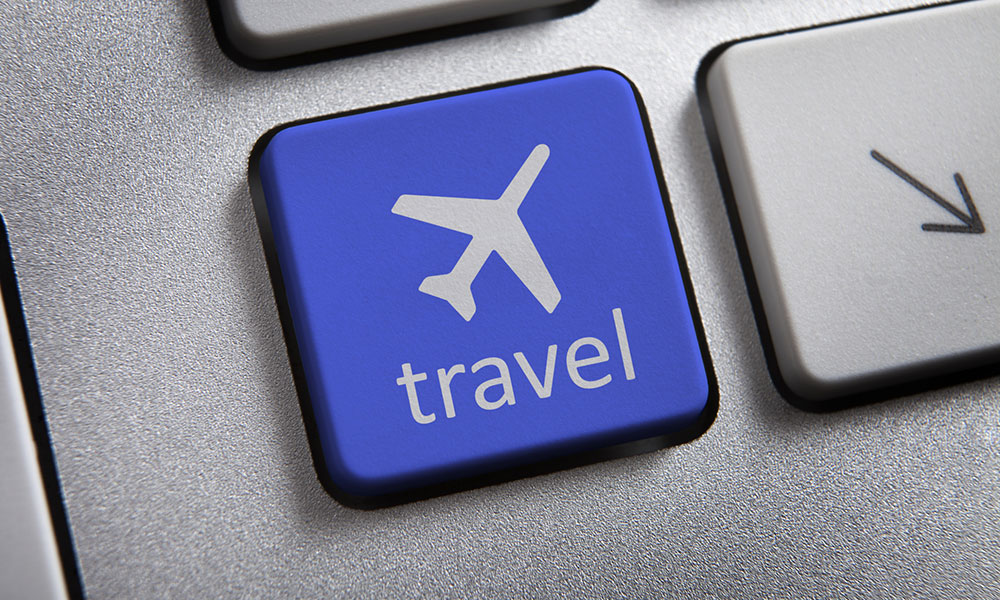
Airlines, Travel Agency Groups Compromise on Personalization Plan
After more than a year of conflict, groups representing travel agencies and online booking firms came to an agreement with a major airline group on a new data-transmission program. It could mean changes to the way you book flights—and to your fare.
After more than a year of conflict, organizations representing travel agencies and online booking firms came to an agreement with a major airline group on a new data-transmission program. It could mean changes to the way you book flights—and to your fare.
It was something of a wedge issue between the airlines and the travel industry, but a breakthrough appears near. And if you’re comparing fares, you might just notice the difference.
The International Air Transport Association (IATA), which represents the airline industry worldwide, forged a truce with a number of groups that represent travel agencies (such as Open Allies for Airfare Transparency and the American Society of Travel Agents) over its proposed New Distribution Capability program, which is currently being considered by the U.S. Department of Transportation.
What does that mean for you? Well, simple: The airline industry’s push to offer more personalization to travelers booking online or through travel agents—a bone of contention between the two sides for more than a year—just won some needed allies. More details:
Once the airlines realized that they didn’t have the horsepower to do this on their own, [they] began an industry-wide approach.
About the program: In a nutshell, IATA’s New Distribution Capability (NDC) program would allow airlines to better target consumers so as to offer better additions to flight packages. A family of four going on a vacation, for example, might have different in-flight needs than a business traveler heading to a weekend conference. The intent, the airline industry says, is to upgrade a system originally built for a different era. “The pre-internet messaging standard (EDIFACT) used to deliver airline fare and schedule data to [travel agencies and travel management companies] cannot easily accommodate the way in which many airlines want to market and sell their products today,” IATA says on its website.
The complications: Several concerns have been raised about the NDC program, the biggest being privacy. There’s also a perception that the upgraded system would lead to higher airfares for consumers, a point made in a New York Times editorial slamming the NDC program: “It is hard to see how this approach could result in more competition or anything but higher costs for many travelers.” (The IATA disputed the Times‘ characterization of the program.)
A coalition compromise: Given these and other concerns, Open Allies for Airfare Transparency—a group that formed after a prior conflict over airfare listings—had come out against Resolution 787, the foundation document for NDC agreed upon by IATA members. However, Open Allies came to an agreement with IATA on Wednesday, saying that a conditional plan to limit the program’s scope to data transmission between airlines and travel agencies, rather than new business models, would “serve all travelers by safeguarding transparency, competition, and consumer choice, while protecting privacy and ensuring that any new standards developed under Resolution 787 are open standards available to all industry participants.”
Why the compromise? According to Consumer Travel Alliance Director Charlie Leocha, IATA needed to win over federal regulators on the plan, something they couldn’t do without the support of the rest of the travel industry. “Once the airlines realized that they didn’t have the horsepower to do this on their own, [they] began an industry-wide approach,” Leocha told Skift. Speaking off the record to the travel publication, a travel industry executive on the technology side said the deal gives travel agencies and others in the industry a seat at the table. “In the end, the marketplace will decide which business models actually work, and that is how it should be,” the executive told Skift.
As part of the agreement, IATA will meet with Open Allies and other groups in Miami on Friday to discuss next steps.
(iStock/Thinkstock)






Comments